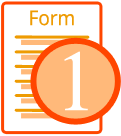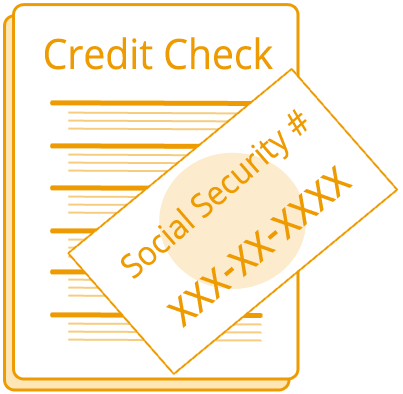Fixed interest rates are rates which will not fluctuate as time goes by, regardless of how much national interest rates may rise or fall. If your goal is to stay in the home you’ve just purchased for a long period of time, most experts would agree that a fixed rate mortgage would better weather the rise and fall of mortgage interest rates due to fluctuating economic conditions.
A fixed rate mortgage, like the name implies, maintains the same interest rate throughout the entire life of the loan. You can get this fixed rate mortgage usually in 10, 15, or 30 year terms, though in recent years as because of the rise in home prices, some lenders have been offering loans as long as 40 and 50 years. The time can be negotiable with your specific lender to fit your needs. This type of mortgage is good for the home buyer who wishes to know how much the house payment will be every month because it is fixed and if the home buyer is planning on living in the home for 10 years or more.
Fixed rates have several advantages and disadvantages, and may or may not be right for you and your loan needs. They provide security against increases in national rates, meaning that you might end up paying a much lower rate if you’ve locked in a lower fixed rate than the current national rate. If national rates fall, however, you may end up paying more than you would with a variable rate.


